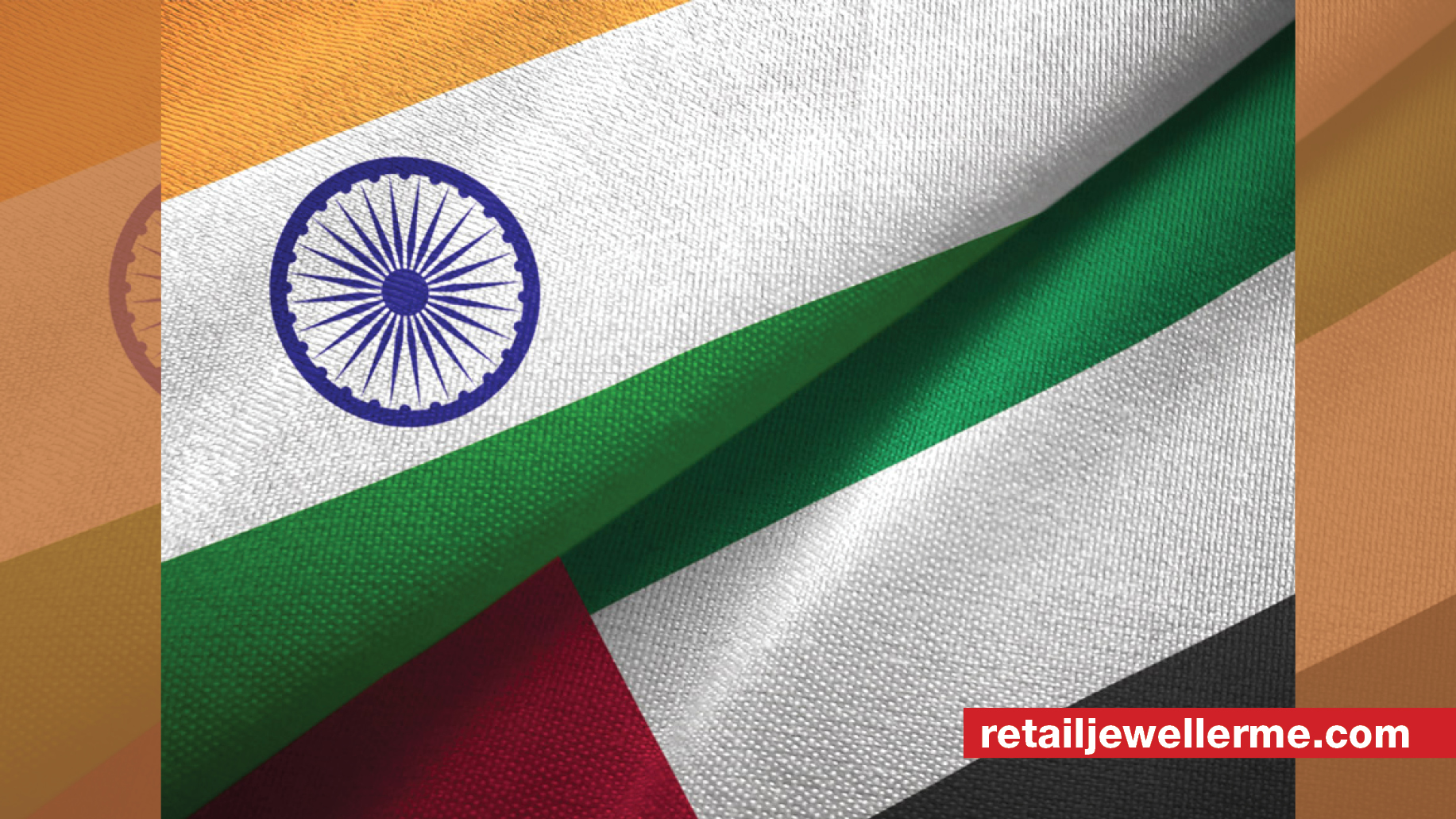Daily News
Concerns raised about 210% increase in silver imports as India, UAE conclude second CEPA joint panel meeting

India tables request for the Indian Jewellery Exposition Center in Dubai to be named a Designated Zone, enabling Indian jewellery manufacturers— including those not registered under UAE regulations—to benefit from concessional duties
Dubai: India and the UAE successfully concluded the second Joint Committee meeting under the Comprehensive Economic Partnership Agreement (CEPA), aimed at enhancing trade relations and addressing key issues in the jewellery sector.
India raised a crucial request for the Indian Jewellery Exposition Center in Dubai to be named a ‘Designated Zone’. This classification would allow Indian jewellery manufacturers, including those not registered under UAE regulations, to benefit from concessional duties. The UAE responded positively, agreeing to consider the request after consulting internal stakeholders and federal tax authorities.
Additionally, India expressed concerns regarding a surge in imports of silver products and platinum alloys from the UAE. The Indian government urged the UAE to ensure compliance with rules of origin to prevent circumvention of the free trade agreement. The UAE agreed to review these concerns, as India’s imports of gold and silver from the UAE have increased significantly, with a 210% rise in silver imports to $10.7 billion in 2023-24.
The meeting underscored the importance of safeguarding the jewellery industry while strengthening bilateral trade ties. As the UAE continues to be India’s third-largest trading partner, the discussions at the CEPA meeting highlight a commitment to fostering a robust trade relationship that benefits both nations, particularly in the dynamic jewellery sector.
A major focus of the discussions was the substantial growth in bilateral trade since CEPA’s implementation, with both nations optimistic about reaching a target of $100 billion in non-oil trade by 2030. Key topics included the implementation of Tariff Rate Quotas (TRQs) on specific products, where both countries agreed to collaborate closely to ensure UAE exporters can fully benefit from these quotas. The Indian delegation emphasized the need for smoother procedures for TRQ license allocations based on stakeholder feedback.
The meeting took place in the UAE, with the Indian delegation led by Ajay Bhadoo, Additional Secretary in the Department of Commerce, and co-chaired by H.E. Juma Al Kait, Assistant Undersecretary for International Trade Affairs.
Retail Jeweller ME News

















